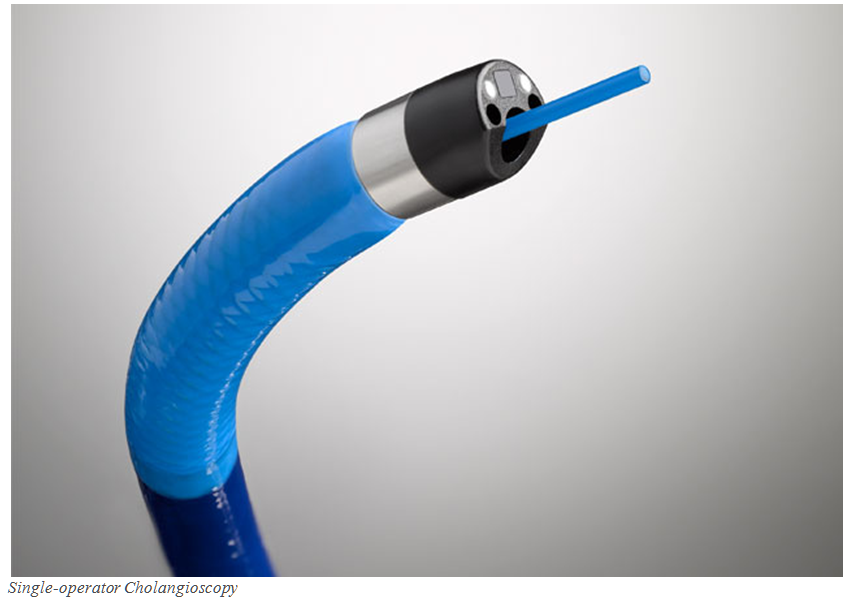
What is Enteroscopy?
Once you’re sedated, your doctor will insert an endoscope with a balloon on the end into your rectum. Once the endoscope reaches the area that your doctor wants to see or treat, the balloon is inflated. This allows your doctor to get a better view. If any polyps or abnormal growths are found, your doctor may remove a tissue sample for analysis.
This procedure is also called a colonoscopy.
What Are the Risks of Enteroscopy?
After the procedure, you might experience some mild side effects. These include:
-
a sore throat
-
abdominal bloating
-
nausea
-
minor bleeding
-
mild cramping
In rare cases, people may have complications after an enteroscopy procedure. These include pancreatitis, internal bleeding, and tearing in the wall of the small intestine. Some people might also have an adverse reaction to the anesthesia. This is why enteroscopy usually isn’t recommended for pregnant women, overweight people, or people with heart or lung disease.
Make sure to call your doctor immediately if you’re experiencing:
-
more than a few tablespoons of blood in your stool
-
severe stomach pain
-
a firm, swollen stomach
-
a fever
-
vomiting
What Do Abnormal Enteroscopy Results Mean?
Abnormal results may indicate that the doctor discovered tumors, abnormal tissue, or bleeding in the small intestine. Other possible causes for an abnormal enteroscopy include:
-
a vitamin B-12 deficiency
-
a stomach or intestinal virus
-
Crohn’s disease, which is an inflammatory bowel disease
-
lymphoma, which is a cancer of the lymph nodes
-
Whipple disease, which is an infection that prevents the small intestines from absorbing nutrients


